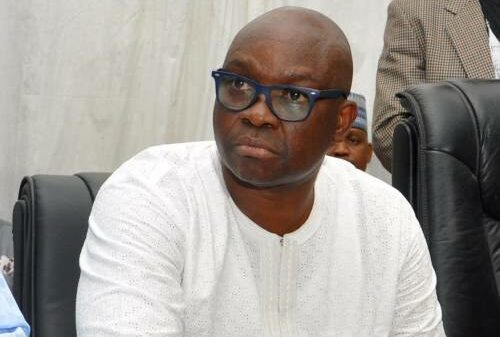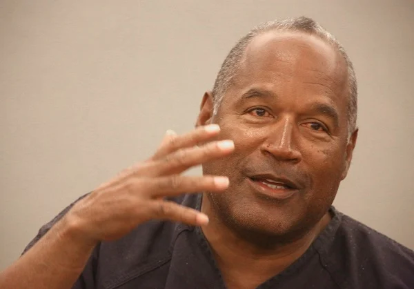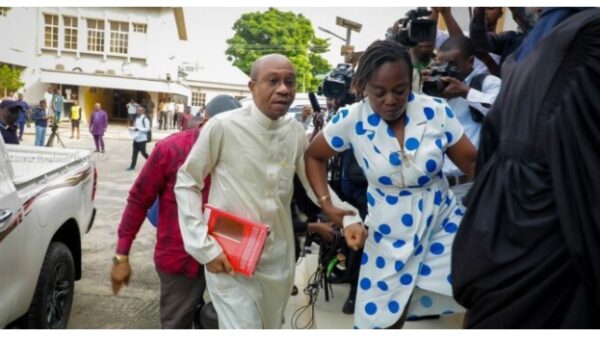The Federal Government has decided to file a case in the Industrial Court against the Academic Staff Union of Universities (ASUU) over the continuous seven month strike on Monday.
Gatekeepers News reports that a Thisday source at the Federal Ministry of Labour said the Ministry’s Trade Dispute Department had filed a case before the Industrial Arbitration Court in Abuja and that the hearing would begin on Monday.
ASUU began their strike on February 15 to protest alleged decay of infrastructure at the various institutions, as well as neglect of the welfare of its members.
The source said, “The federal government has filed a case at the Industrial Court challenging the continued strike by the university teachers. This is in conformity with Section 17 of the Trade Dispute Act.”
There have been meetings between the FG and ASUU but all ended with no positive outcome. Last Tuesday, the meeting held at the National University Commission’s office, Abuja seemed to hit rock bottom as the federal government had said that it would not sign any other agreement it cannot implement.
Minister of Education, Mallam Adamu Adamu, said President Muhammadu Buhari had warned the government’s team involved in the negotiation with ASUU against signing an agreement that the government would not be able to fulfil.
Adamu said the government had offered the union a 23.5 per cent salary increase “for all categories of the workforce in federal universities, except for the professorial cadre which will enjoy a 35 per cent upward review. Also, the government had also promised that N150 billion “shall be provided for in the 2023 Budget as funds for the revitalisation of federal universities, to be disbursed to the Institutions in the First Quarter of the year.”
Additionally, the government said N50 billion would be provided “for in the 2023 Budget for the payment of outstanding arrears of earned academic allowances, to be paid in the first quarter of the year.”
However, ASUU and three other university unions rejected the offer, describing it as “inadequate to meet their respective demands needed to tackle the challenges confronting the university system.”




















































